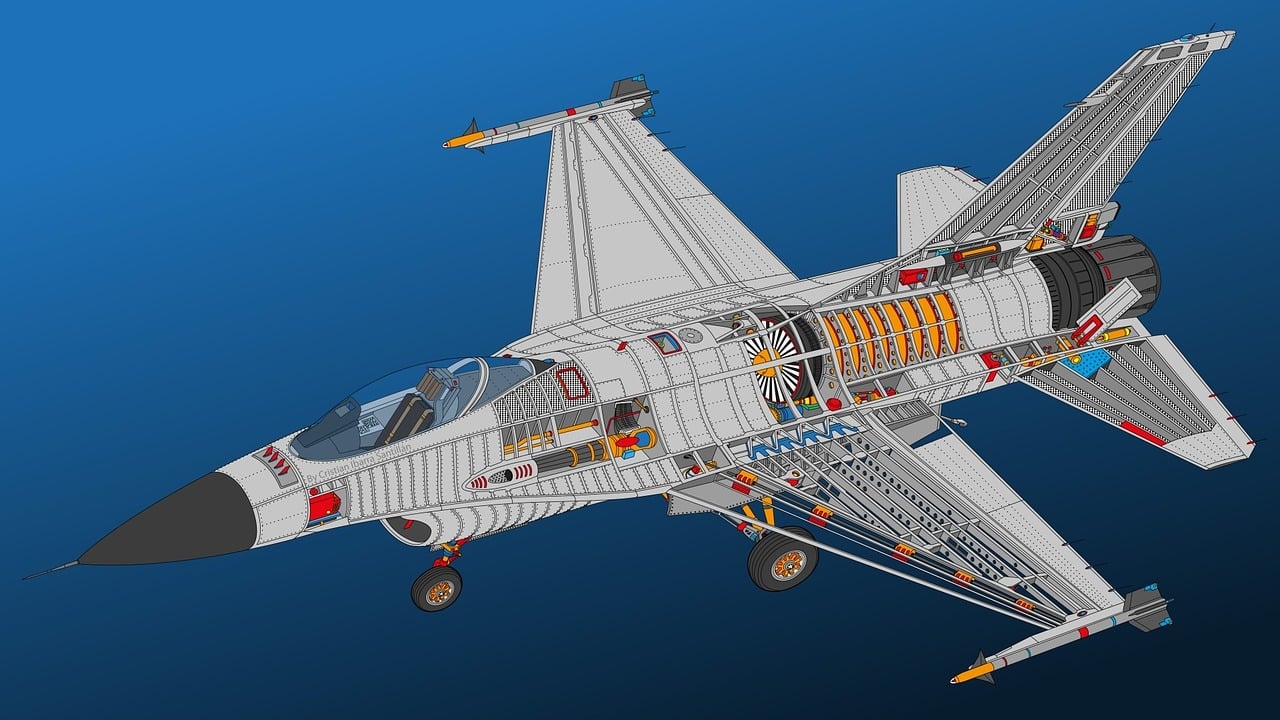NDT Testing In The Aerospace Industry

Safety and reliability are of paramount importance in the aerospace industry where even the tiniest defect can lead to mechanical failure with catastrophic results. Therefore, when it comes to the testing of aerospace components, there can be no room for error or oversight.
The aerospace industry relies heavily on non-destructive testing (NDT) as the first line of defence against material and structural degradation and defects. Over the years, NDT technologies have evolved and improved significantly and today, NDT plays a crucial role in ensuring material performance, quality and reliability and in guaranteeing that an aerospace vehicle is safe to fly.
Over the past 70 or so years, huge strides have been made in terms of the standardisation of materials testing methods which have resulted in more precise, true and comparable results and significantly improved repeatability. The biggest shift came with the widespread adoption of digital electronics and subsequent integration of smart, sophisticated software and computer controls, but today the NDT industry is more about refining and improving existing technologies rather than creating new test methods.
Because the materials used for the construction of components in the aerospace industry are evolving (for example the growing use of structural polymer matrix composites), it has put pressure on the NDT industry to continually innovate to ensure technologies are appropriate and effective.
For example, significant advancements have been made recently in the capabilities of immersion ultrasonic testing (used to test the integrity of welds and composites in the aerospace industry) and in the capabilities of Elevated Temperature Tensile and Stress Rupture testing. Infrared and thermal imaging are two further NDT technologies which have emerged in response to the rapidly expanding field of composites and which meet the rigorous demands of the aerospace industry.
In many instances however, the rapid emergence of the new materials like composites has meant there isn’t yet a clear consensus on test procedures for these. For example, fatigue testing, a critically important NDT process in the aerospace industry, is well-specified and established when it comes to testing metals but when it comes to fatigue testing composites, a great many different tests are used in different areas.
That doesn’t mean that the testing technologies for composites are inferior in any way. It just means there is still a lot of variety in the testing with regular innovations and changes in the methods as a result of advancements in the materials themselves.
The field of aviation maintenance demands highly specialised skills and it relies heavily on the experience and expertise of the technicians. Partnering with an experienced NDT company which understands the rapidly evolving aerospace environment and which is fully compliant with all the latest revisions to international aviation standards is paramount, because any oversight or misjudgment can have devastating consequences.
Here at Nexxis, we have all the necessary expertise and experience to help aviation customers identify the right solution to meet their productivity, performance, quality and safety goals and requirements. From CCTV inspection cameras, borescopes, flaw detectors, X-ray imaging equipment and hardness testing devices to ultrasonic thickness gauges and more, we supplies a variety of highly accurate and advanced remote visual inspection and non-destructive testing products for rent or sale. Based in Perth, we are partners to many companies in the aviation industry as well as in manufacturing, power generation, construction, mining, subsea, oil and gas and utilities. Contact us today.

